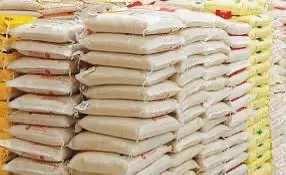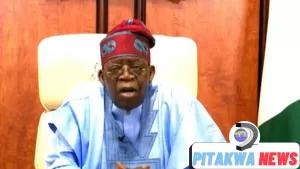Federal Government Begins Sales of 50Kg Bag of Rice For ₦40,000

The Federal Government of Nigeria has initiated the sale of 50kg bags of rice at a subsidized price of ₦40,000. This program, which began in September 2024, aims to alleviate the impact of the food crisis on Nigerians, particularly targeting public servants initially but extending to the broader populace. Here’s what you need to know based on the information available up to October 10, 2024:
- Target Audience: Initially, public servants were prioritized, with each entitled to purchase one bag, although there’s flexibility for multiple staff members to share a bag. The initiative has since expanded to include wider distribution across various locations, suggesting it’s now available to more than just public servants.
- Distribution and Verification: To prevent fraud, the distribution process requires verification using the National Identification Number (NIN) and possibly other identification methods. This measure ensures that one individual or set of individuals does not acquire more than their allocated share, aiming for equitable distribution.
- Locations: The sale has been reported in Abuja and Ogun State, indicating a possibly broader distribution strategy across Nigeria, although specific ongoing locations beyond these initial points weren’t detailed in the latest updates.
- Public Sentiment: Recent posts on X (formerly Twitter) reflect a mix of skepticism and dissatisfaction with the initiative. Some users point out the disparity between the subsidized price and market rates, which have been reported to be significantly higher, suggesting inflation and economic pressures are making even the subsidized price seem inadequate or symbolic.
- Economic Context: The initiative comes at a time when food prices, including rice, have seen substantial increases, with market prices for a 50kg bag of rice reported to be as high as ₦120,000 or more by some users. This context highlights the government’s attempt to intervene in the food market, though the effectiveness and reach of this subsidy are subjects of debate among the public.
- Criticism and Public Perception: There’s noticeable criticism regarding the initiative’s impact and intent, with some viewing it as insufficient or merely symbolic, especially when compared to the soaring market prices. The mention of beans in one post underscores a broader issue of food inflation affecting other staples beyond rice.
This government initiative, while aimed at easing the economic burden on citizens, appears to be met with mixed reactions. On one hand, it’s an attempt to directly address food security and price control, but on the other, there’s skepticism about its scale, impact, and whether it genuinely addresses the root causes of food inflation in Nigeria.







